Rosanne Welch talks about “Why The Monkees Matter” with Jean Hopkins Power
Watch this entire presentation (45 mins)
Jean Powergirl takes the host reigns and welcomes her guest Rosanne Welch, PhD to the show! They’ll be discussing Roseanne’s book, “Why The Monkees Matter: Teenagers, Television and American Pop Culture.”
Transcript:
Rosanne: Another gentleman I got to meet — and sadly who passed away 6 months after I met him — was Peter Meyerson, He ended up later in life he co-created Welcome Back, Kotter which interestingly enough it’s a show about 4 boys.
Jean: I love the show.
Rosanne: Four boys who were in school — in high school. So, Peter Meyerson, he was marvelous. he came in also because of a very hippie attitude. In fact, he went to the Monterey Pop Festival. He was the kind of guy who hung out at all those events. He wore the paisley clothing and the necklaces. He just really bought into that whole Ideology and so you see that represented then in some of his episodes. And he was great and he told me some very funny stories about hanging out with the actors at parties and whatnot.
A hit television show about a fictitious rock band, The Monkees (1966-1968) earned two Emmys–Outstanding Comedy Series and Outstanding Directorial Achievement in Comedy. Capitalizing on the show’s success, the actual band formed by the actors, at their peak, sold more albums than The Beatles and The Rolling Stones combined and set the stage for other musical TV characters from The Partridge Family to Hannah Montana. In the late 1980s, the Monkees began a series of reunion tours that continued into their 50th anniversary.
This book tells the story of The Monkees and how the show changed television, introducing a new generation to the fourth-wall-breaking slapstick created by Laurel and Hardy and the Marx Brothers. Its creators contributed to the innovative film and television of 1970s with projects like Bob & Carol & Ted & Alice, The Mary Tyler Moore Show, Laugh-In and Welcome Back, Kotter. Immense profits from the show, its music and its merchandising funded the producers’ move into films such as Head, Easy Rider and Five Easy Pieces.
Rosanne Welch, PhD has written for television (Touched by an Angel, Picket Fences) and print (Three Ring Circus: How Real Couples Balance Marriage, Work and Kids and The Encyclopedia of Women in Aviation and Space). In the documentary world she has written and produced Bill Clinton and the Boys Nation Class of 1963 for ABC NEWS/Nightline and consulted on PBS’s A Prince Among Slaves, the story of a prince from West Africa who was enslaved in the 1780s, freed by order of President John Quincy Adams in the 1820s and returned to his homeland.
Podcast: Play in new window | Download
Subscribe: RSS
![27: Peter Meyerson and The Monkees : “Why The Monkees Matter” Interview with Jean Power [Video] (0:40)](https://rosannewelch.com/wp-content/uploads/2017/11/rmw-power-27-peter-meyerson.jpeg)
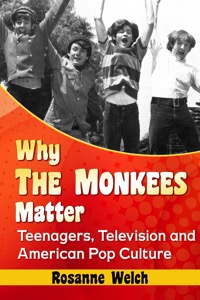
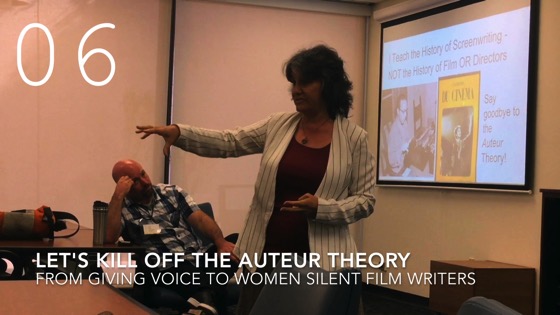








![26: Treva Silverman and The Monkees : “Why The Monkees Matter” Interview with Jean Power [Video] (0:58)](https://rosannewelch.com/wp-content/uploads/2017/11/rmw-power-26-treva-silverman.jpeg)

![25: Improv, Writers and The Monkees : “Why The Monkees Matter” Interview with Jean Power [Video] (0:53)](https://rosannewelch.com/wp-content/uploads/2017/11/rmw-power-25-improv.jpeg)
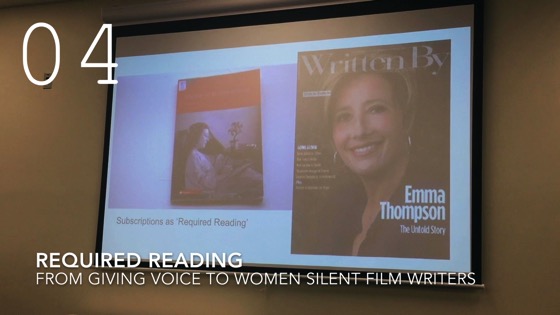
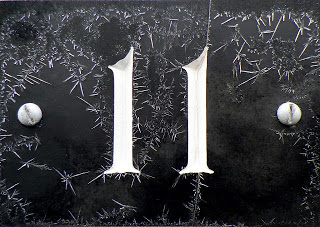




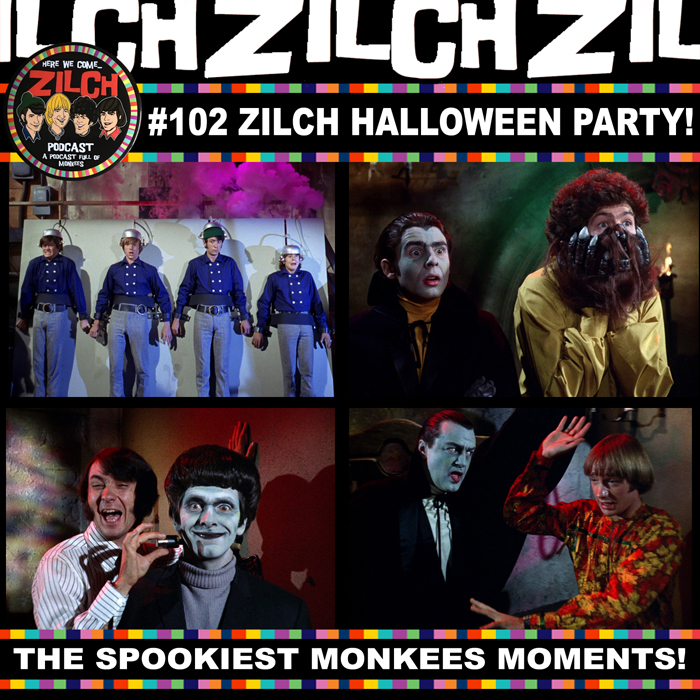
![24: Writers, Actors and The Monkees : “Why The Monkees Matter” Interview with Jean Power [Video] (0:57)](https://rosannewelch.com/wp-content/uploads/2017/10/rmw-power-24-writers-actors.jpeg)
![My Background from Giving Voice to Silent Films and the Far From Silent Women Who Wrote Them with Dr. Rosanne Welch [Video] (0:40)](https://rosannewelch.com/wp-content/uploads/2017/10/ufva-03-background.jpeg)